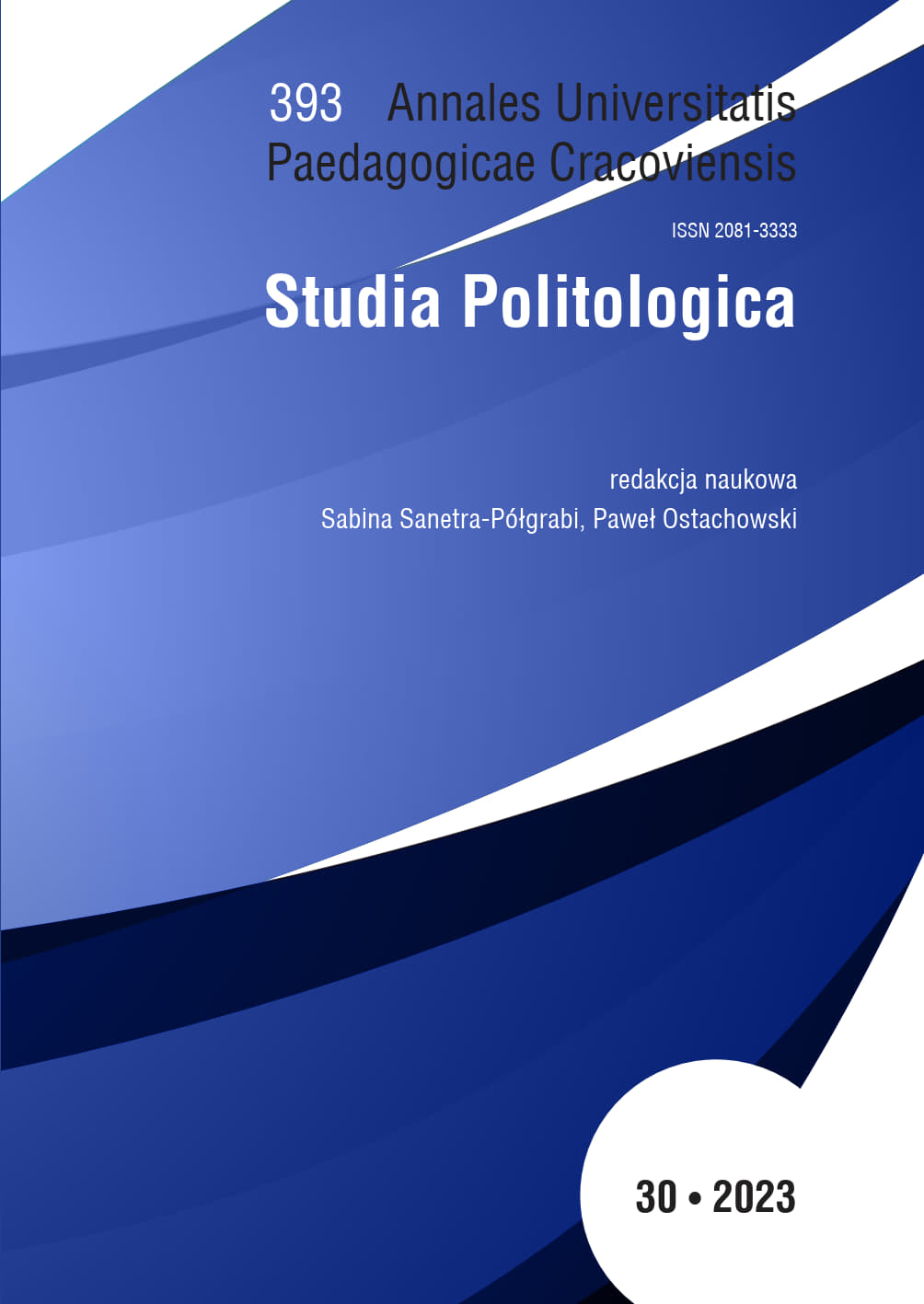Skutki konfliktu w Ukrainie dla Afryki w zakresie głodu i perspektyw wzrostu migracji
DOI:
https://doi.org/10.24917/20813333.30.13Keywords:
Ukraine, Africa, conflict, grain market, export, famine, migrationAbstract
The war in Ukraine is disrupting supply chains and increasing global food prices. In the short term, it should not pose a threat to global food security, although it puts developing countries, which until now import key products from Ukraine, in a difficult situation. The decrease in imports from this country can be offset by an increase in supplies from other countries' reserves. The situation will become serious if food exports are stopped by Russia or sanctions prevent transactions with this country. However, the protracted war in Ukraine will cause the greatest problems. It will make it difficult to sow fields and reduce subsequent harvests, which may keep prices high. The Ukrainian Ministry of Agriculture estimates that 80% of the currently used agricultural fields are suitable for sowing in the spring. If the war escalates, this acreage will be further reduced.
A further increase in food prices will become a challenge for developing countries. This may lead to a deterioration of their economic situation (including an increase in inflation and debt) and an increase in the number of people living in poverty, malnourished and dying of hunger. The effect of this will be the destabilization of countries (protests in Lebanon, Peru or Sri Lanka can be an example) and migration pressure. Ensuring the functioning of humanitarian aid is also becoming a challenge.
The purpose of the analysis, the food situation and the migration related to it, is to present selected African countries in the face of possible turbulence related to insufficient grain supplies. The research problem was expressed with the question: How does the conflict in Ukraine affect grain exports to African countries and the resulting migration? The report also focuses on the situation in Syria and the problems related to the delivery of humanitarian aid to people in the north-west and Iraq, as well as the possibility of a migration wave, as Africans in the face of a difficult economic situation may try to migrate towards the European Union. The research method was based on an analytical and empirical model and will mainly include qualitative methods, including the exploration of primary and secondary documents.
Downloads
Published
Issue
Section
License
Redakcja przyjmuje do druku teksty oryginalne, wcześniej niepublikowane. Treść czasopisma jest dostępna na licencji Creative Commons (CC-BY-NC-ND 3.0 PL)
Licencja ta zezwala na wykorzystanie materiałów opublikowanych w czasopiśmie w celach niekomercyjnych np. komentarza, krytyki, informacji, archiwizacji, nauczania lub prowadzenia badań, z poszanowaniem aktualnie obowiązującego prawa autorskiego (ustawa z dnia 4 lutego 1994 r. o prawie autorskim i prawach pokrewnych Dz.U. 1994 nr 24 poz. 83 z poźn. zm.). Zgodnie z wymogami licencji, konieczne jest dokładne podanie źródła cytowania lub parafrazowania oraz zachowanie tekstu w oryginalnej postaci (zakaz tworzenia utworów zależnych).

